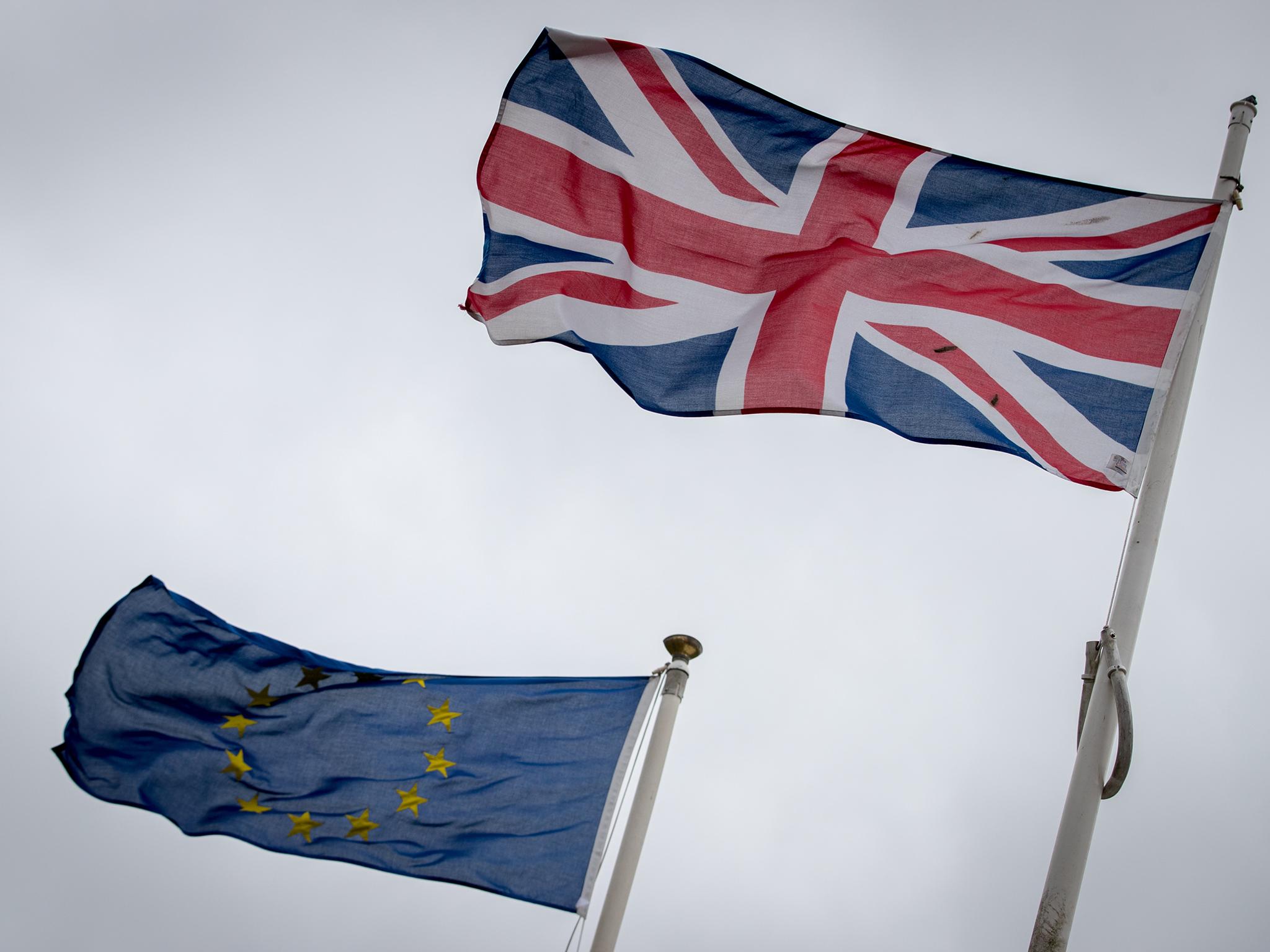EU referendum result: Brussels awakes in disbelief after UK votes for Brexit
It is uncharted waters for the EU, with no country ever leaving the union

Your support helps us to tell the story
From reproductive rights to climate change to Big Tech, The Independent is on the ground when the story is developing. Whether it's investigating the financials of Elon Musk's pro-Trump PAC or producing our latest documentary, 'The A Word', which shines a light on the American women fighting for reproductive rights, we know how important it is to parse out the facts from the messaging.
At such a critical moment in US history, we need reporters on the ground. Your donation allows us to keep sending journalists to speak to both sides of the story.
The Independent is trusted by Americans across the entire political spectrum. And unlike many other quality news outlets, we choose not to lock Americans out of our reporting and analysis with paywalls. We believe quality journalism should be available to everyone, paid for by those who can afford it.
Your support makes all the difference.A sense of doom and disbelief enveloped Brussels this morning as the EU capital awoke to news that Britain had voted to leave the bloc, dealing a huge blow which threatens to unravel the union.
Donald Tusk, the President of the European Council, called it a “historic moment, but not a moment for hysterical reactions” and proposed that the 27 other EU member states “start a wider reflection on the future of our union”.
Follow the latest live updates
“I am fully away of how serious or even dramatic this moment is politically -- there is no way of predicting all the political consequences of this event,” he said, stressing that the 27 other members “are determined to keep our unity”.
“It is true that the past years have been the most difficult ones in the history of our union,” he went on, “but I always remember what my father used to tell me: ‘What does not kill you make you stronger’.”
Across Europe, politicians and analysts urged the European Union and its institutions to listen to the voices of its citizens and warned of tumultuous times ahead, after predictions that a Brexit could spark a continent-wide revolt.
“Now to the other member states to save the EU from unraveling which excludes business as usual, especially in Brussels. Reform or die!” Gerard Araud, the French ambassador to Washington, tweeted.
The Latvian foreign minister Edgars Rinkēvičs, highlighted that Britain was now entering a difficulty negotiating period on the terms of its exit, which could drag on for years.
“Difficult divorce process expected, [this is] a wake call for Europeans in Europe,” he tweeted.
It is uncharted waters for the EU, with no country ever leaving the union. Senior officials from the European Commission, Parliament and Council headed back behind closed doors in their Brussels headquarters to formulate a more detailed response, aware that their words will not only impact financial markets, but public sentiment across the EU.
Populist parties in other nations were the first to react to the news, with Geert Wilders of the Dutch anti-Islam and eurosceptic Party for Freedom calling for their own referendum.
“We want be in charge of our own country, our own money, our own borders, and our own immigration policy,” he said. “If I become prime minister, there will be a referendum in the Netherlands on leaving the European Union as well. Let the Dutch people decide.”
In France, Marine LePen of the Front National – the populist anti-immigration party expected to perform well in elections next year, called it “a victory for freedom”, and she too said that France and other nations should hold their own votes.
Trust in the EU has fallen to record lows, as the economic crisis sent unemployment soaring and quality of life plummeting. Then the handling of the refugee crisis further dented trust, and led to the partial suspension of the Schengen agreement, considered a pillar of European solidarity.
“Historically morale is as low in Brussels as it has been for a long time, certainly since the mid-seventies,” said Chris Bickerton, a lecturer at Cambridge University and author of The European Union: A Citizen’s Guide. “The potential for it to come apart is there.”
But he added that he thinks it will “limp on” despite the massive blow: "The European Union is quite tough in many ways, it will continue in some form, I don’t think it will suddenly fall like a house of cards.”
But whatever happens, it will not the same EU which its citizens know today.
Join our commenting forum
Join thought-provoking conversations, follow other Independent readers and see their replies
Comments